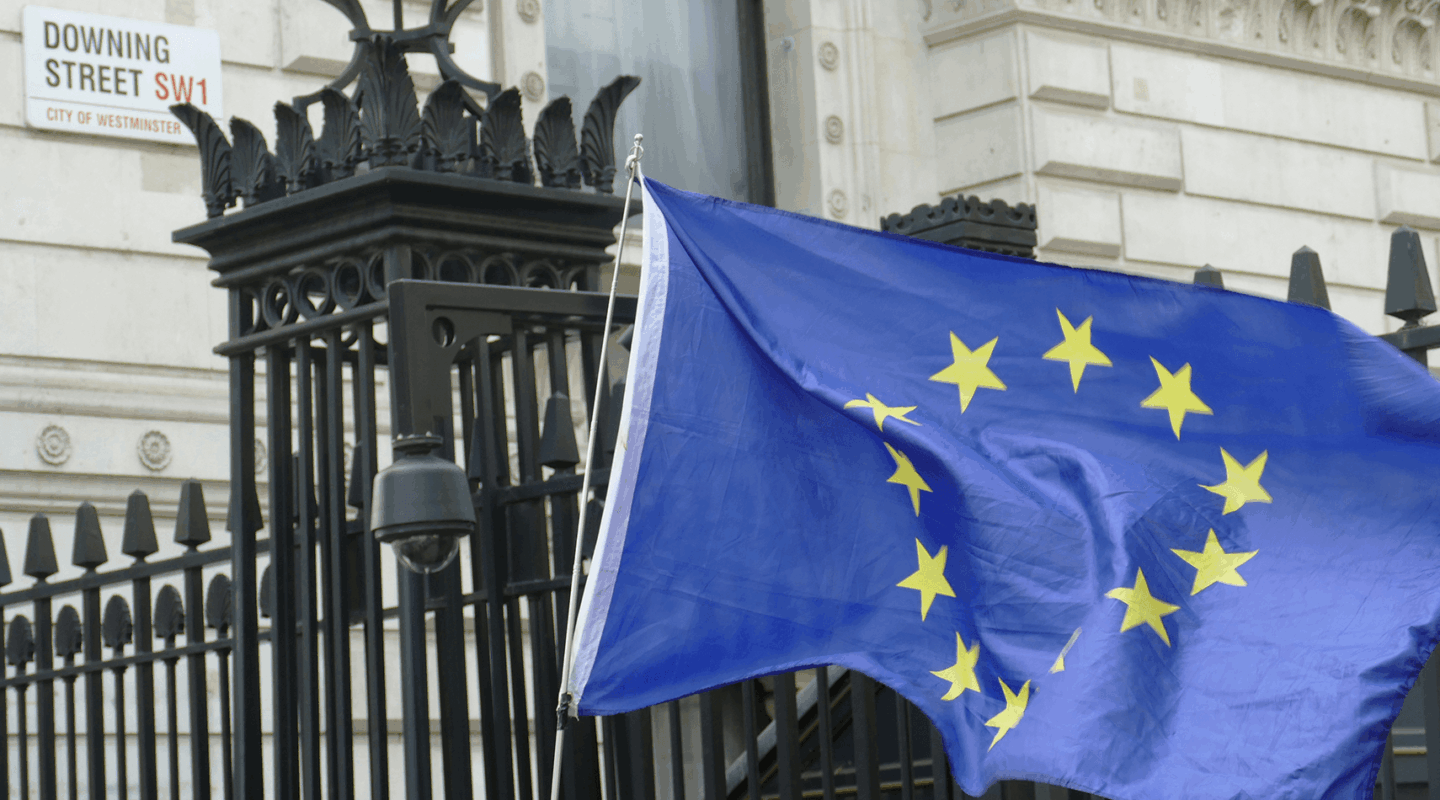Italian Supreme Court gives the iconic Vespa the red light in landmark ruling
- Firstpage
- IP & Trademarks

Image: Maria Teneva on Unsplash
The end of November marked a pivotal moment for the legendary Vespa, owned by the Tuscan company Piaggio.
The Italian Supreme Court's recent decision (33100/2023) has sparked debate on the interplay between IP rights, focusing on whether an object protected by copyright, like the Vespa, can be barred from trademark registration based on "substantial value" grounds. One of our Lead Associates and IP Lawyers, Luisa Grillo, summarises the case so far and its possible implications.
The case in a nutshell
- 28th Nov: Italian Supreme Court's landmark judgment on Vespa's copyright and trade mark rights
- 29th Nov: General Court rules on the distinctiveness of Vespa EU 3D mark
Background
- 2017: Turin Court dismisses the request to invalidate Vespa Italian 3D mark
- 2019: Court of Appeal upholds the decision
- Ongoing dispute with a Chinese company accused of copying Vespa design
Key Question: Can a product with copyright protection be denied trade mark registration based on "substantial value"?
- Luisa Grillo
Italian Supreme Court's Verdict
The recent ruling from the Italian Supreme Court sheds light on the interpretation of 'substantial value' concerning design rights. According to the court, they defined 'substantial value' as synonymous with 'non-trivial aesthetic value'.
The court emphasised that Vespa's captivating design holds significant sway over consumers' purchasing decisions. (Rephrased for clarity) Key factors influencing 'substantial value' encompass consumer perception, product characteristics, artistic merit, pricing, and promotional strategies. Furthermore, the court highlighted that this definition transcends objects solely reliant on aesthetics, encompassing products that amalgamate aesthetic appeal with functional or technical aspects.
Challenges Ahead
- The case has been sent back to the Court of Appeal for reassessment.
- If upheld, it could impact the trade mark registration of designs deemed protectable under traditional artistic value standards.
Our reflections on this case
- The judgment raises questions about the balance between copyright and trade mark protection.
- Is a design's value intrinsic, or does a brand's reputation play a role? The ruling's implications could be far-reaching.

Empower your brand with strong trade mark protection
Contact our lawyers and experts today.


